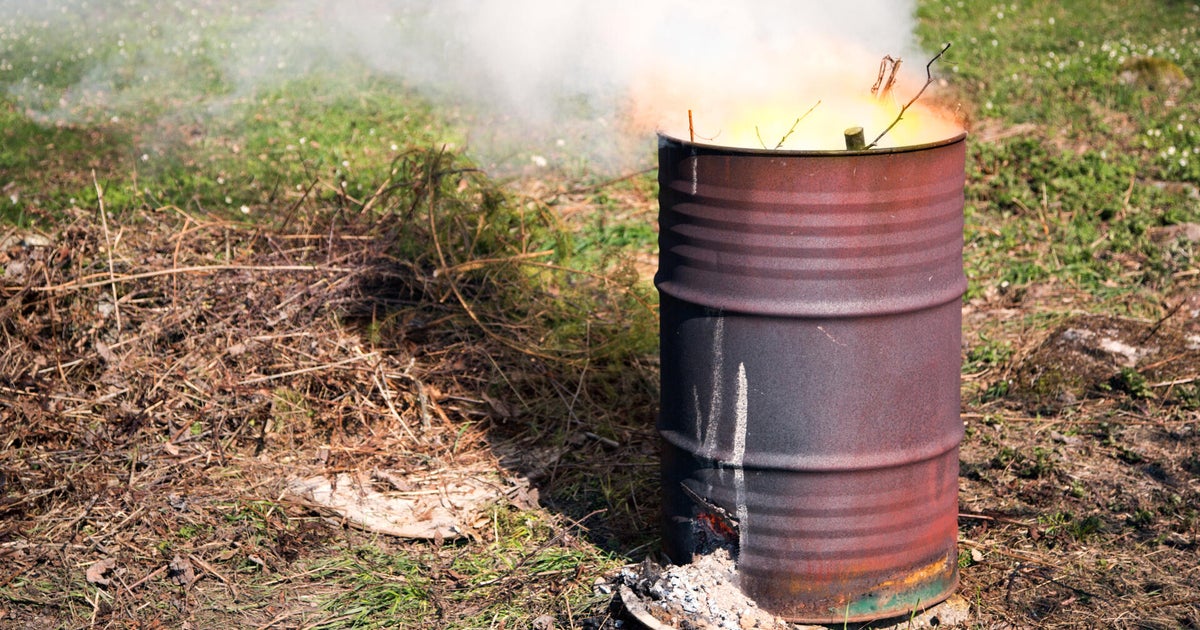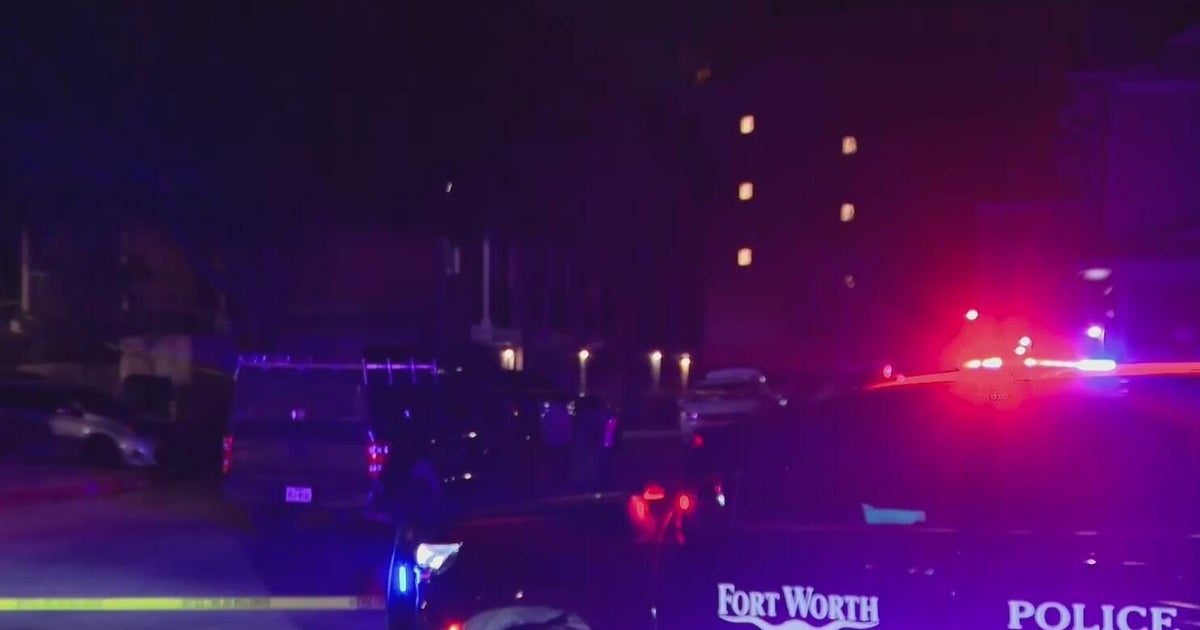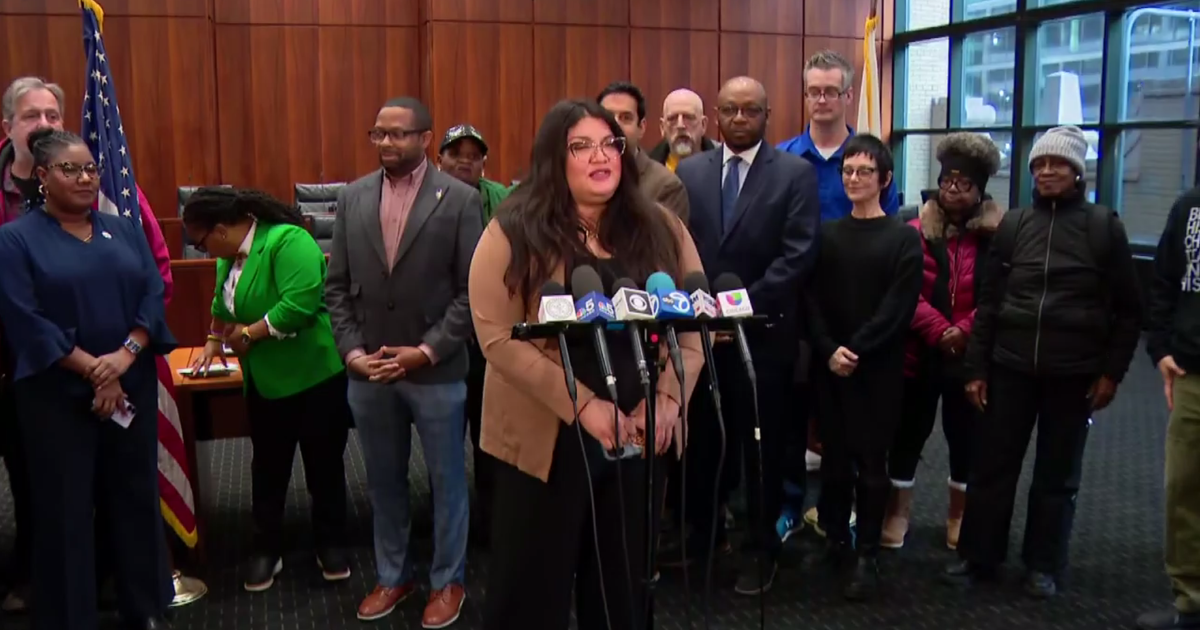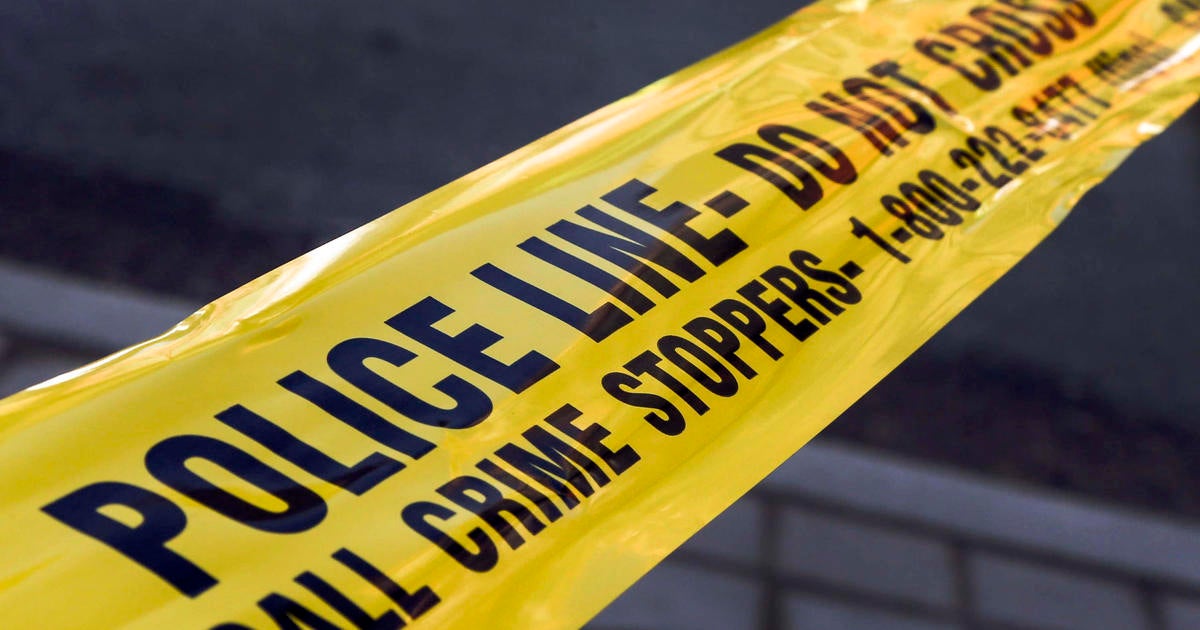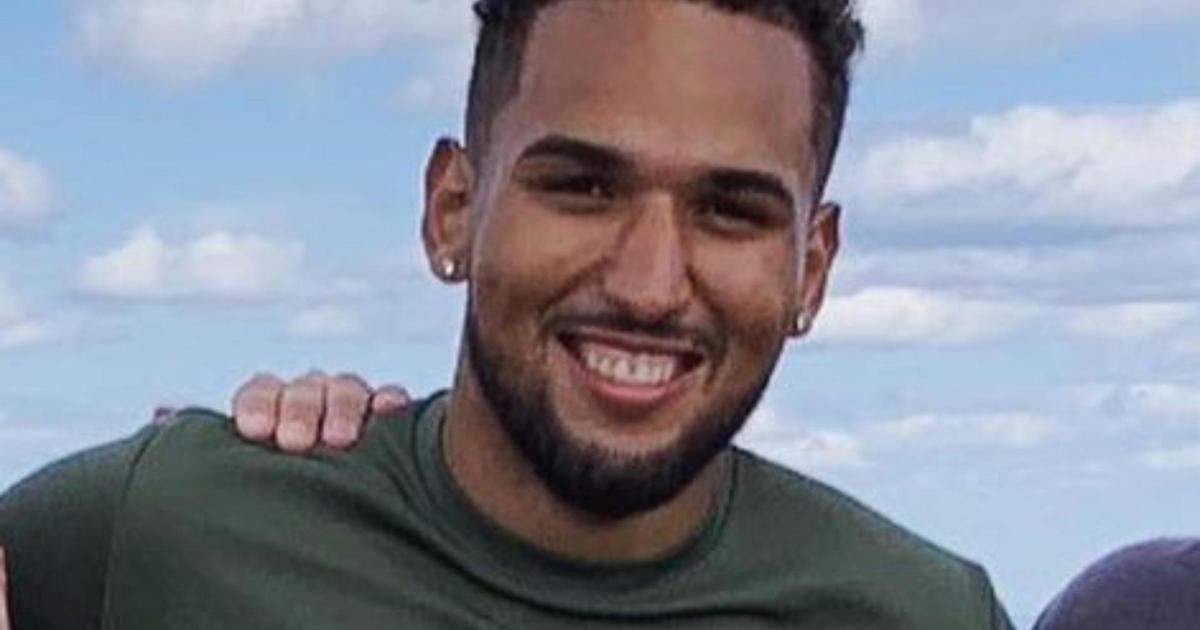Prosecutor Hosts Witness Intimidation Summit
BALTIMORE (AP) -- U.S. Rep. Elijah Cummings has fought for greater protections for witnesses for years, but he said Tuesday at a witness intimidation summit that he didn't understand the pain of victims' families until his nephew was shot to death in June.
Months after 20-year-old Christopher Cummings' death, no charges have been filed in the case and the family suspects witness intimidation is a factor.
"It's impossible to fully grieve because a part of you is always trying to figure out what happened," he said.
Cummings' family has offered a reward for anyone who comes forward with information.
"But a reward fund means little if someone is worried about being killed," said Cummings, who has been pushing for more federal funds for U.S. Marshals to protect witnesses in some state cases. There also has to be a change in people's mindset.
"Somehow, we have to make people know that it's their duty, but they have to know they are protected," he said.
Witnesses are crucial to the criminal justice system's success, so it's no wonder that the "enemies of justice" try to stop them from cooperating with authorities, said Baltimore State's Attorney Gregg Bernstein.
Bernstein hosted Tuesday's summit aimed at bringing prosecutors and witness service providers from around the region together to discuss the best ways to protect witnesses.
"Justice is difficult -- if not impossible -- to achieve without the full cooperation of witnesses and victims," he said.
The summit was a chance to reenergize people who work with the issue on a daily basis, but it was also an opportunity to hear about how other jurisdictions are dealing with the same problems, Bernstein said. There was also a lot of discussion about breaking down the culture of intimidation and how to approach the subject with witnesses, he said.
"We need to get people to understand the importance of coming forward and testifying," Bernstein said.
Witness intimidation has long been a problem in Baltimore, but there have been several high-profile cases in recent years. Seven members of the Dawson family died in a 2002 blaze after a drug dealer firebombed their Baltimore home in retaliation for calls reporting drug activity. Carl Lackl, who agreed to testify against a Baltimore drug dealer accused of killing someone, was slain himself in a 2007 drive-by shooting outside his suburban Rosedale home.
The city is also home to a video that popularized the slogan "Stop Snitching." The 2004 homemade DVD attracted attention for its threats against those who cooperate with authorities and a cameo appearance by NBA star and Baltimore native Carmelo Anthony, who's shown laughing as another man warns that anyone who tips off police about drug deals will "get a hole in his head." He later said he wasn't aware of the video's message.
Police responded with their own free video and t-shirt campaign, "Keep Talking."
Witnesses need to be able to trust that the system will work and feel that police and prosecutors are competent, Prince George's County State's Attorney Angela Alsobrooks said. Building rapport with witnesses is crucial, but it's also important to establish positive perceptions and strong relationships in the community before a crime occurs.
"They don't come forward if they don't trust us," she said.
Intimidation is not a new phenomenon in this country, said Baltimore Police Commissioner Frederick Bealefeld, harkening back to the days of Al Capone controlling the city of Chicago with fear.
His department understands that people want to see an increased police presence in a neighborhood in the days after a crime, but investigators can also be discreet when dealing with witnesses, he said. Building trust with witnesses and victims is a factor in almost every case police handle, he said.
"It's incumbent on us to gain their confidence," he said.
(Copyright 2011 by The Associated Press. All Rights Reserved.)
